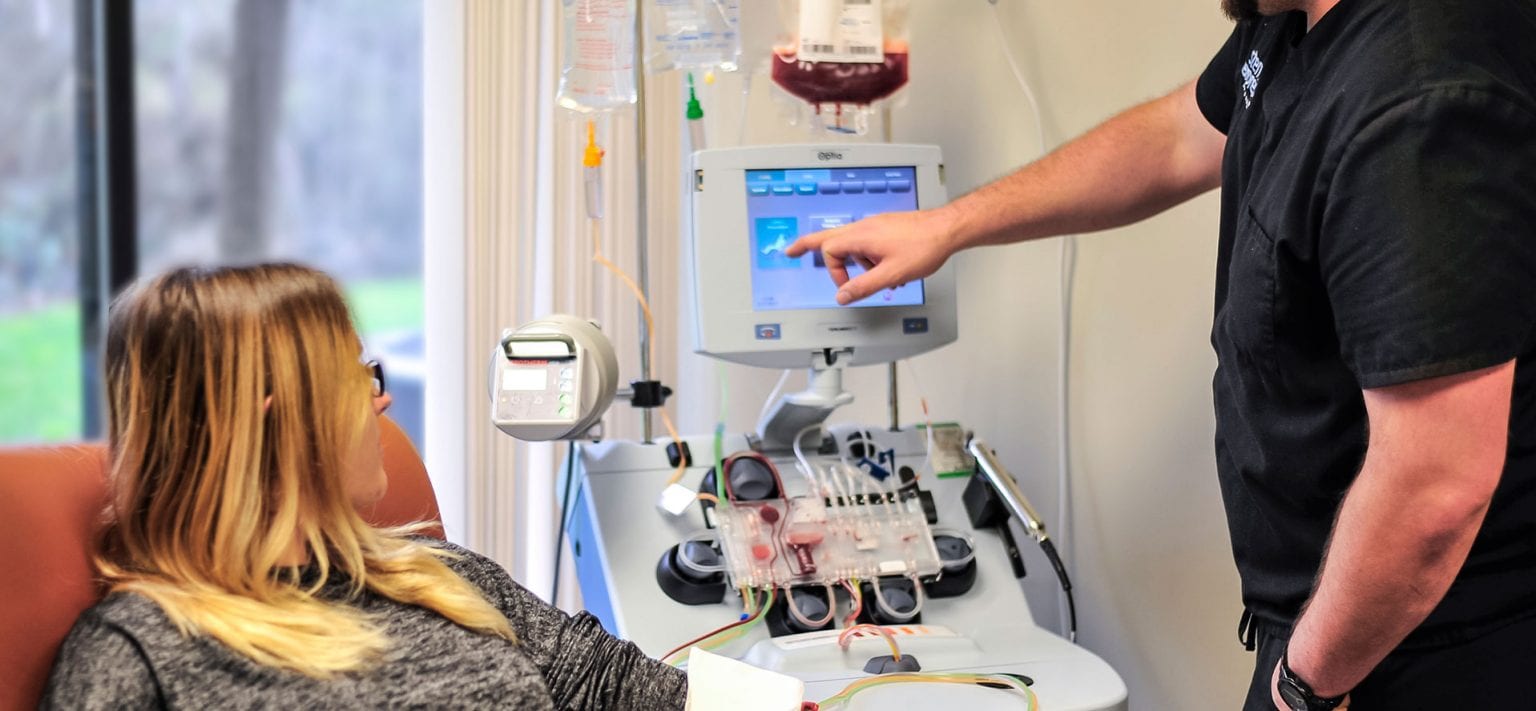Types of Blood Donation
Scientists utilize unique components of human blood and bone marrow, in an effort to find treatments and cures for a multitude of medical conditions. Here at CGT Clinics, we streamline this process to provide these researchers with the exact samples they need. Take a moment to read about the ways you can donate and what’s involved.

Types of Blood Donation
You can participate in multiple donations after an eligibility review.
Find a donation center near you
What our donors say
"I started donating blood with CGT Global in support of my husband and good friend who are both living with autoimmune conditions. Researchers need blood to help them develop new treatments. I encourage others to donate as well. It's a simple thing to do to help others.”
Galina
DONOR FOR 3 YEARS
"CGT Global is fabulous. The building is clean, and the donation process is sterile and quick. The staff is knowledgeable and friendly. I stopped donating at a local blood donation center because the process at CGT Global is so much more enjoyable. And the doctor also makes marrow donation nearly painless.”
Nicole
DONOR FOR 2 YEARS

